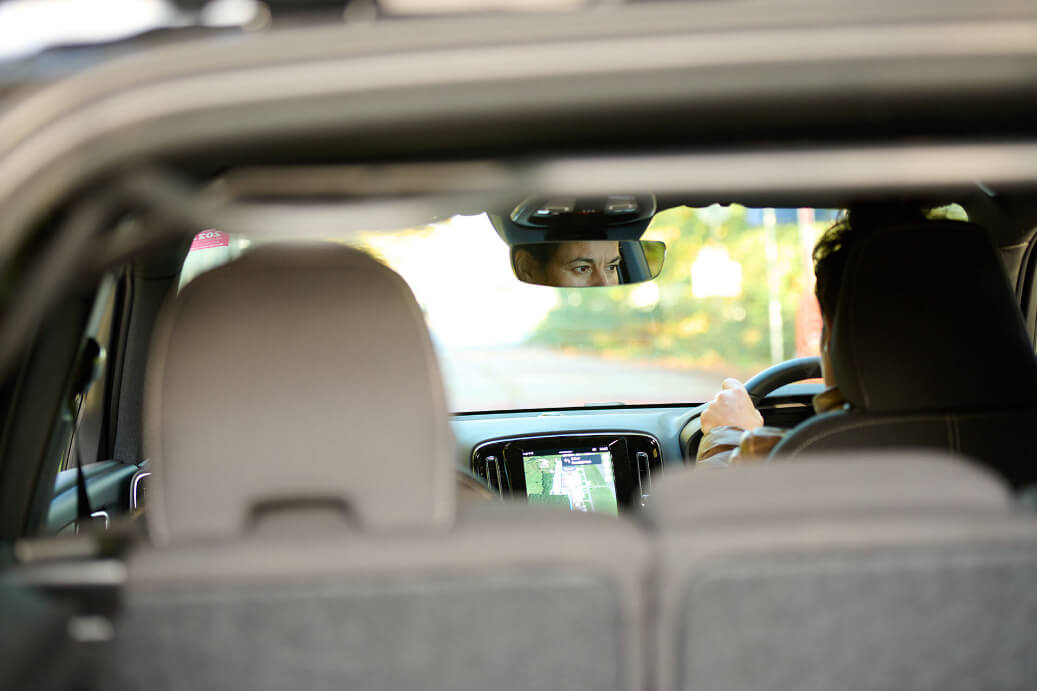Grey fleets pose the biggest risk to the public sector – and bosses must not “turn a blind eye” to this group because it is too difficult to manage the road risk, our road safety consultant Adrian Hide said.
The public sector faces the biggest challenge to comply with health and safety laws because of the huge range of services they provide and the demand to make savings for the public purse, he said.
“They tend to have the largest of driving fleets with vehicles mostly being managed really well. But the driver’s safety and compliance is often managed poorly, or not at all.”
Grey fleet vehicles are generally older than company vehicles with the driver deemed responsible for maintenance and legal compliance.
“Managing work related road safety has never been more important. It is the right thing to do for the safety and well-being of employees.”
Adrian Hide, Road Safety Consultant, TTC Group
But fines for a breach in duty of care are now linked to an organisation’s annual income meaning that they can be in the millions of pounds rather than the thousands.
If someone dies as a result of a fail in the duty of care, custodial sentences are now being handed out under the Corporate Manslaughter Act, he warns.
“With the same responsibilities as corporate business, the public sector just can’t afford to leave itself vulnerable to hefty fines in the current climate that sees more and more funding cuts.”
“With the same responsibilities as corporate business, the public sector just can’t afford to leave itself vulnerable to hefty fines in the current climate that sees more and more funding cuts.”
Adrian Hide, Road Safety Consultant, TTC Group
Licence checking is the first basic check that organisations must do for all their drivers. With the paper counterpart to photo card licences no longer valid documents, it is “unwise” to rely on a manual inspection or self-declaration process, said Adrian.
A DVLA licence check is the only certain way to know whether employees have a valid licence and one that covers the groups of vehicles driven for work.
“According to the DVLA, more than a million drivers are 3 points away from losing their licences. These could be some of your drivers,” he added.
It is challenging to put a safe system in place to manage work-related driving activities but with the right attitude and determination, it is possible, said Adrian, who advocates risk profiling of company drivers.
He added: “In our experience, organisations tend to manage company-provided vehicles well, however, we must never forget that vehicles don’t crash on their own, drivers do.
“According to the Department for Transport, 95% of crashes have driver error as the main culprit. For this reason attention must be turned to the driver.
“Driver training is an excellent thing to invest in but rather than apply a scatter gun approach, it’s far better to risk-profile drivers so that targeted and appropriate training can be offered to those that need it.”
The HSE’s Driving at Work booklet provides sound advice and should be essential reading for any organisation with staff who make work-related driving trips.
Organisations can also reduce the number of collisions and have safer and more fuel efficient fleets by carrying out a road safety audit and putting appropriate systems in place to meet compliance obligations.
Established in road safety education for more than 25 years, we support employers to “take the administrative pain away” from the whole process, offering a solution to business fleet managers.
Organisations which successfully manage work-related road safety meet legal obligations, benefit from bottom-line savings through fewer collisions, lower insurance premiums and a more fuel-efficient fleet.
“To get road safety to be part of the DNA of any organisation, it needs executive sponsorship and it must be driven from the top down.”
“It is the responsibility of the key decision makers to make this happen. Far better to take a proactive approach rather than a hasty reactive approach when something goes horribly wrong.”
Adrian Hide, Road Safety Consultant, TTC Group
Grey fleet article published in Fleet Manager Feb/Mar 2017

